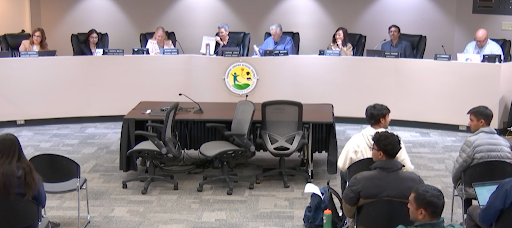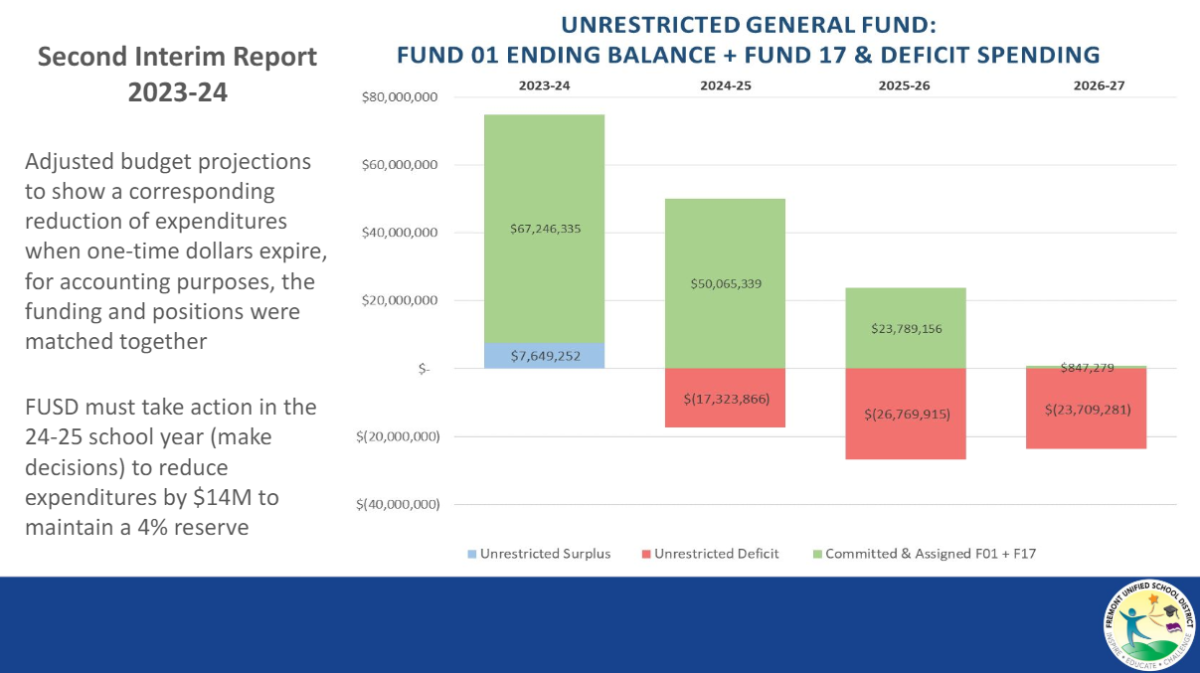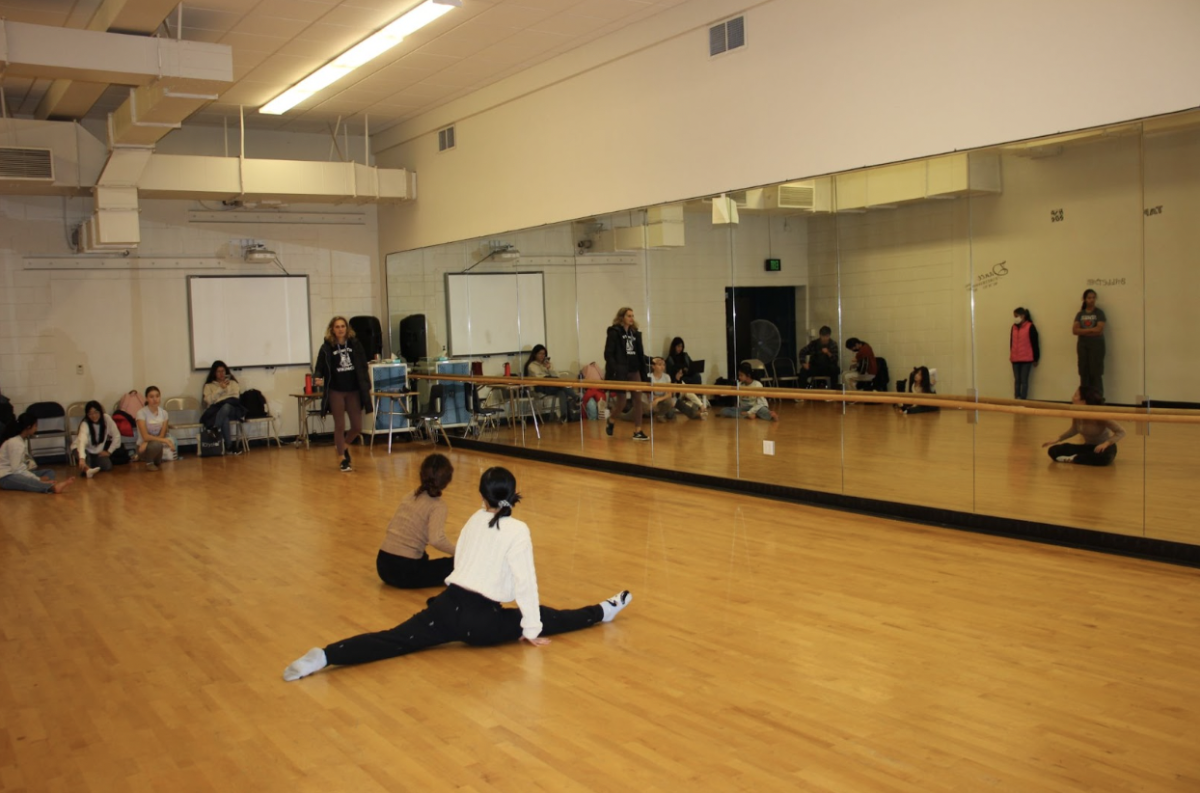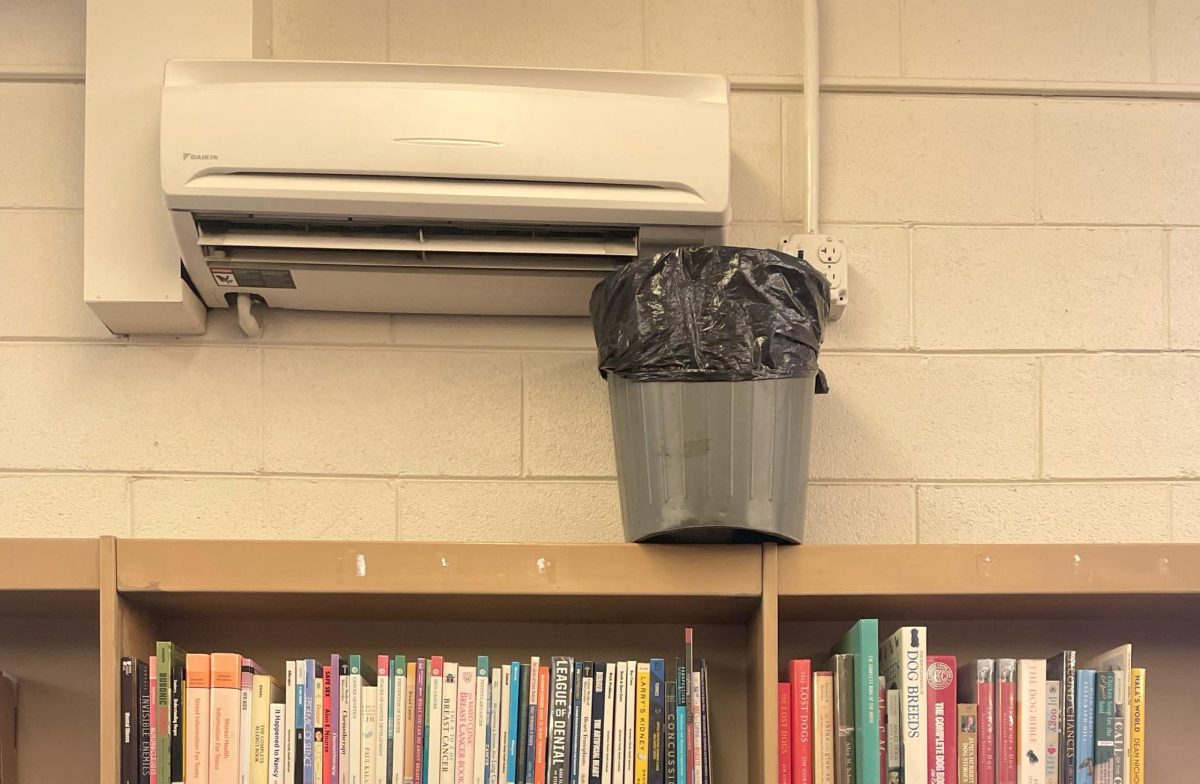Major alterations in high school classes and exams
Kelsey Ichikawa | Staff Writer
CollegeBoard is revising many of its Advanced Placement courses and is developing a new format for the SAT I. These changes include new AP curriculum standards that emphasize different aspects of a subject and an increased emphasis on college skills in the SAT.
This school year, AP Chemistry and AP Spanish courses have had their curriculum revised. Here are the courses that CollegeBoard has announced will be altered in the coming years:
· 2014-15
o AP Physics 1: Algebra-based
o AP Physics 2: Algebra-based
o AP U. S. History
· 2015-16
o AP Art History
o AP European History
The Biology, Chemistry, and Physics AP classes are evolving along a common thread. The new versions all incorporate a list of Science Practices that are linked to measurable learning objectives as well as an increased emphasis on lab-based inquiries that seek to model the work of real-life scientists.
The expanse of subject matter in AP Physics B has been further split into two separate one-year classes, allowing for a more in-depth study of topics that were treated superficially in the old format. Newtonian mechanics has also been added to the Physics B curriculum.
Meanwhile, for AP U. S. History, periods in the 19th century are being reduced in importance, while focus will be shifted to early and recent American history. Clear learning objectives are delineated so teachers do not feel that they have to cover every detail of America’s past, but rather can spend more time on the areas that matter.
Some Irvington students have expressed dismay at the changing curriculums. Juniors in particular feel disappointed—if they follow the usual course timeline and take AP Bio, AP Chem, then AP Physics, each year they will be in the first class to ever take the redesigned AP test for that subject.
“The [changes] make me feel like the CollegeBoard is an assembly of indecisive three year old girls who cannot agree on what matters,” commented junior Abhinav Bhardwaj.
However, others are taking the new tests in stride, like sophomore Sydney Ng. “It’s a little scary that the [APUSH] test is changing, but it’ll be okay since we’ll work hard to prepare.”
Teachers admit that the reinvented coursework is slightly difficult to adapt to after years of adhering to the former guidelines.
“You have to teach in a new paradigm. Even though it’s the same information, you have to rework your class structure to fit the structure of the AP test,” explained AP Bio teacher Mrs. Anand. “I think the intentions are good. It’s important to make kids see these connections and bigger themes, but there’s still a giant time constraint. Despite the emphasis on critical thinking, we’re still running a race to be ready for a test, which places restrictions on what we can do.”
As for the SAT, in February of last year, CollegeBoard president David Coleman announced that the SAT would be redesigned to test the skills students will need to excel in college. There have not been any formal explanations of specific changes, but Coleman did point to the flaws in the essay portion, stating, “I think there is good reason to think about a design of SAT where rather than kids just writing an essay, there’s source material that they’re analyzing.”
In addition to an emphasis on expository writing, Coleman has also suggested that the difficult, uncommon vocabulary words such as “sesquipedalian” and “tergiversate” will be replaced with words used more often in everyday language.









